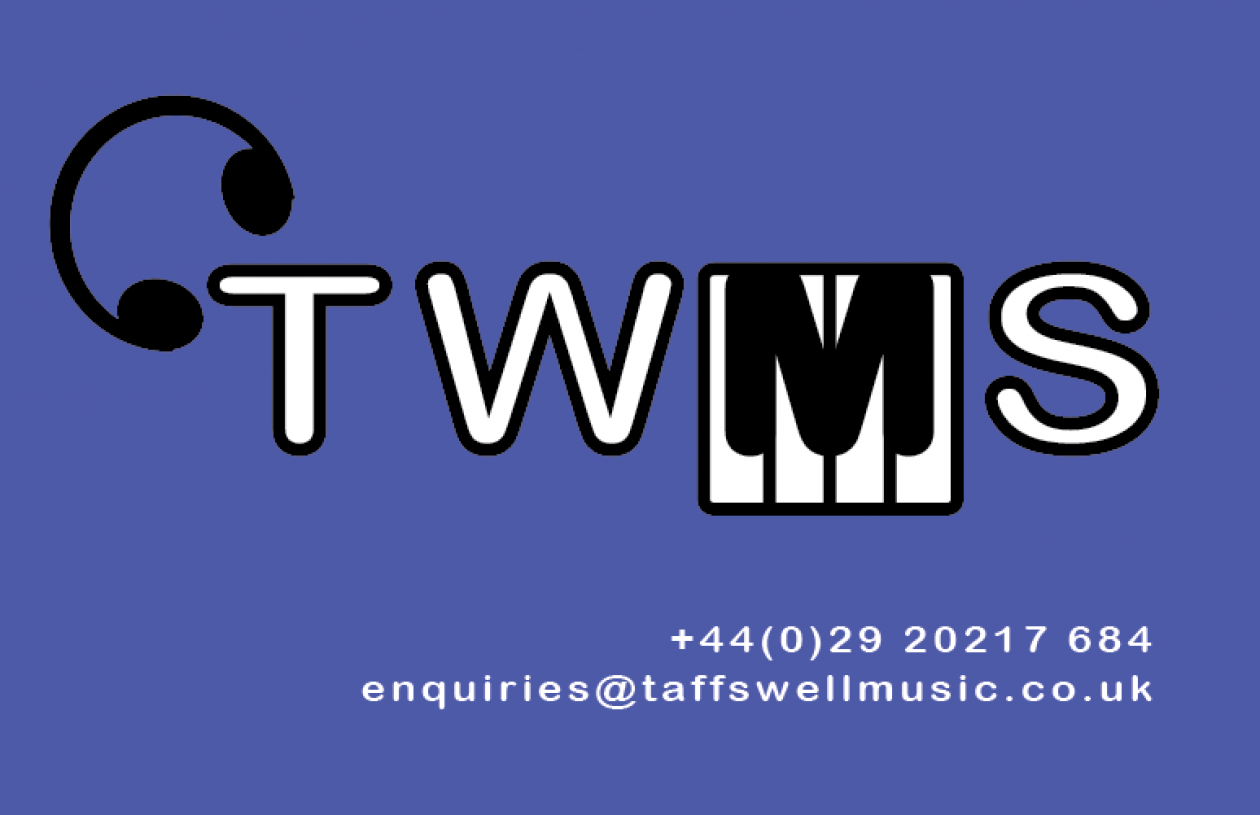MUSIC SCHOOL WORK EXPERIENCE PLACEMENTS
2015
Hours 10am – 1.00pm & 1.30pm – 3.00pm Monday – Friday
Person Specification
We expect our work experience personnel to have a background in music performance and music theory. Ideally the candidate will have obtained ABRSM Grade 5 music theory or have comparable arranging skills for popular music and be studying GCSE/AS/A Level/Undergraduate Music/Music Technology/I.T./Performing Arts/Graphic Design. We prefer candidates with good IT skills, experience of using the notation software system Sibelius/Ableton and a good standard of written and spoken English.
We are a laid-back home-based working environment and the placement would suit a positive, enthusiastic candidate who is willing to learn. There is no dress code. Please bring your own lunch and be on time. We will provide tea and coffee etc.
Job Description
Running a music studio is a highly administrative task. We will expect the candidate to undertake the following tasks: –
1) Photocopying/Printing: We are currently putting together a library of sheet music. The candidate will need to photocopy arrangements of musical works as directed by us and place them into display files of music. We may also ask the candidate to scan paperwork onto our computer as we are working towards a paperless office. We may also ask the candidate to print photographs and learning materials to laminate for students. There may also be other administrative tasks such as answering the phone and filling in spread-sheets.
2) Uploading Audio: We are currently digitalising our vast collection of CDs onto a hard drive. The candidate will be expected to load the disc into a computer and, where possible, categorize it by genre (i.e. classical, jazz, pop, dance music)
3) Social Media Content Creation: We operate a social media strategy using the programme Hootsuite. This comprises of 21 pre-scheduled messages for Twitter (3 per day) which is linked to our WordPress website www.taffswellmusicstudio.co.uk. The candidate will be trained in using these tools. This may involve an element of research on the internet for interesting content for our students (i.e. free sheet music sites, music theory resources, interesting concerts in the local area, opportunities for performance, training courses etc).
4) Arranging Music with Sibelius: We run mother and toddler music sessions at a local nursery. The candidate will be expected to arrange nursery rhymes into a piano score with a simple LH harmony. These nursery rhymes will then need to be transposed into every one of the 12 keys. Again training will be provided.
5) Composing using Ableton: For the above mentioned mother and toddler group we will require you to make an interesting arrangement of the nursery rhyme previously arranged on Sibelius using the DAW software platform Ableton 8. Again full training will be provided. If the candidate is a skilled performer they may bring their instrument to record.
6) Performance: We may decide to have a jam at some point too if the candidate enjoys improvisation and wants to have a go. We may film this performance for social media content for the school. Parents will need to sign a disclaimer form.
If the candidate performs their tasks to a satisfactory standard then there will be a financial reward or a demo recording at the end of the week and opportunities for further casual paid work in the summer holidays. A reference will also be provided.






You must be logged in to post a comment.